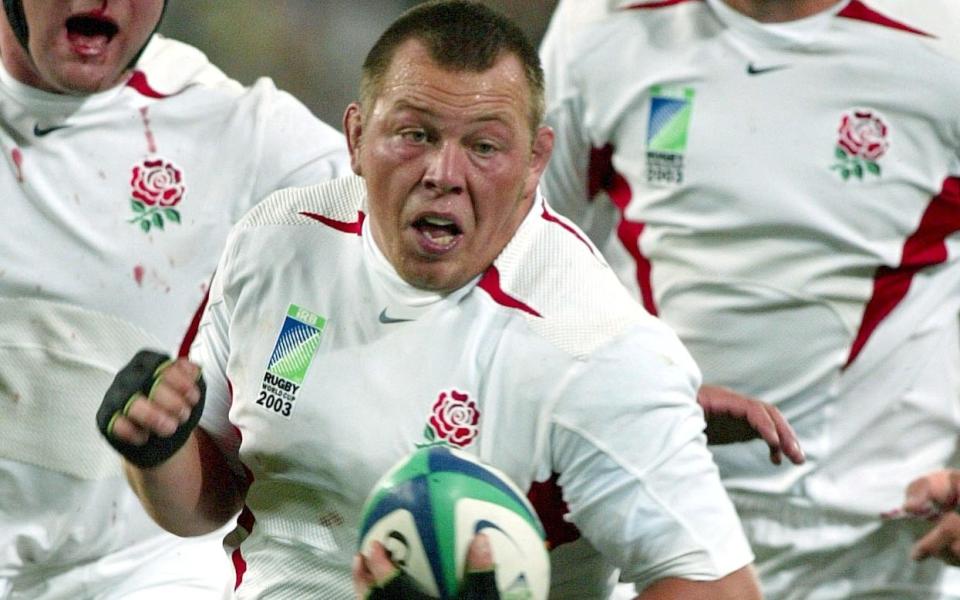World Cup-winner Steve Thompson among 169 ex-players in concussion lawsuit against rugby authorities

A lawsuit representing 169 former professional players accused rugby union authorities in the High Court on Friday of an “abject failure” in the sport’s management of concussion protocols.
Several of the players involved, including 2003 World Cup winner-Steve Thompson, are suffering symptoms of early-onset dementia which they believe was caused by sustaining concussions during their rugby career.
Similar legal action in the United States resulted in the NFL paying out more than £665 million to its former players.
Two and a half years after the likes of Thompson first publicised their condition – he revealed he cannot remember playing in the 2003 World Cup final – the first court submissions were heard in a case management hearing brought against World Rugby, the Rugby Football Union and the Welsh Rugby Union, who deny the charges.
They have previously stated that they are “driven by a passion to safeguard our players” and have followed the science.
The initial arguments, in Court 76 of the Royal Courts of Justice, were centred upon disclosure, the exchange of requested documents.
Susan Rodway KC, the barrister representing the players, had likened requesting historical safety records to an “uphill battle to draw blood from the stone”.
Meanwhile, World Rugby and the English and Welsh unions have yet to receive a single medical record from the defendants despite a claim that all 169 players have shown evidence of brain damage.

In their skeleton argument, the claimants condemned the refusal by rugby’s authorities to release their historical concussion protocols and safety records. A statement read: “The claimants suspect, therefore, that this is a case where there has been an abject failure of documenting or recording systems, protocols, reviews, health records, playing records, or commissioned medical and scientific research to support any decision by the governing bodies that related to the priority of players’ safety.
“The obfuscation relied upon by the defendants in respect of disclosure leads inexorably to the reasonable suspicion that there is nothing to disclose and that the game of rugby union has been a gladiatorial contest with the focus on a purely reactive attitude to issues of health and safety.”
However, the claimants’ request for full disclosure was dismissed by Judge Fontaine, on account that it was too wide-ranging, encompassing documents across several decades. Instead World Rugby must release the historical evolution of Regulation 10, relating to concussion management, by 13 October, by which time the claimants must submit ‘thumbnails’ or snapshots of all its players’ medical records.
Rylands Garth, representing the players, has indicated that it then intends to make an application for a Group Litigation Order against rugby’s authorities, which it will bundle together with a claim by 66 amateur players which it has yet to serve.
Rylands has also requested anonymity for 150 of the 169 professional players on account of “suicidal tendencies” associated with brain injuries. They also suggested their clients might be ostracised in small communities where rugby union is seen as the “holy grail”. The request for anonymity has been adjourned.
A further preliminary hearing is likely to occur towards the end of this year when a decision will be made upon the anonymity as well as costs.
Rylands has also indicated that separate lawsuits for former rugby league and football players will also be launched with the rugby union case “leading the way procedurally.”

 Yahoo Sport
Yahoo Sport 



































































